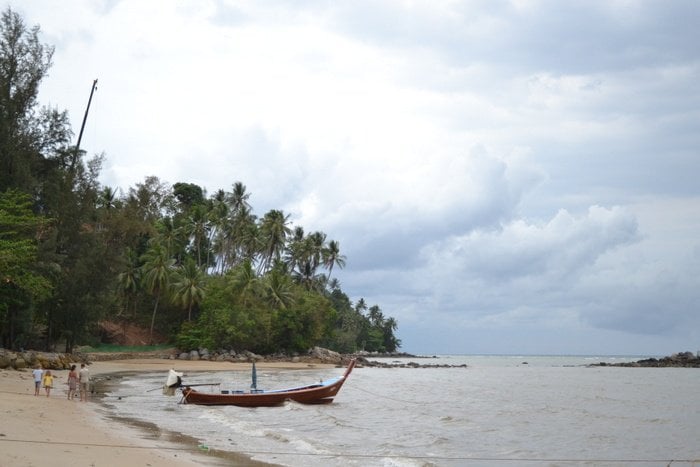Thinking Green: Protecting our coastlines

PHUKET: “We love our coast and we love the water,” proclaim the founders of the charity organization Sustainable Coastlines, established in New Zealand. “We want to support, protect and be challenged by the sea.”
In the past, Phuket’s coastline provided communities with a livelihood from fishing, but this has now moved on to tourism. As a result, today’s great challenge is keeping the coastline clean – protecting the marine life from all the rubbish and waste that ends up in the waterways, and eventually in the sea.
The answer lies in creating an awareness of the benefits within local communities, and that’s where Phuket’s plans to launch a project for sustainable coastlines hopes to make some inroads.
Sustainable Coastlines says it is about having fun: Rolling up your sleeves, improving public awareness and education.
In Phuket, many green clubs have already been set up with the intention to make beaches a great place to enjoy – enabling businesses to thrive and turning them into real models of coastal protection.
A green club at Patong Beach could be one way of supporting what the government has started.
The coastal sustainability project in Phuket will support the principals of SEEK – Society, Environment, Economy and Knowledge – along the coastline of the Andaman sea, which will lead to the betterment of environment practice and promote sustainable development.
The Marine Water Quality Index and the Beach Quality Index (five-star system) are also both excellent measures of “system conditions” of coastal environment quality and are directly linked to Coastal Management and to key factors that would affect a tourist’s decision on whether to visit Phuket, rather than another island destination.
These indexes deal with such issues as the use of land in terms of planning, zoning and the enforcement of building construction regulations; the density of vendors; litter management; beach encroachment; pollution laws; solid waste management; environmental awareness; environmental education; sedimentation from construction; the rise in sea level; beach erosion; and waste discharge from hotels and businesses – all important policy matters.
Intervention by government and the engagement of local communities will ensure that the coastlines do not deteriorate and lead to Phuket losing its status as a world-class tourism destination, especially now with the development of Cambodia’s coastal areas, and the opening of Myanmar – both of which will provide competition for Phuket in the future.
Phuket’s sustainable coastline program will also examine the impact on the sea, the coastline, the community, and the wider province. It will focus on simple grassroots action that has a sense of fun, but which is also offers positive long-term changes to local coastlines and community.
In addition, the project aims to bring together commercial tourism, local government, the Department of Marine and Coastal Resources, NGOs, local community groups such as Magic Eyes, the Phuket Green clubs, the Surf Riders Association, Green Fins, Service clubs and the Rotary Club of Patong Beach.
It is certainly worthy of our support.
— Dr Peter W Harris
Latest Thailand News
Follow The Thaiger on Google News:


























